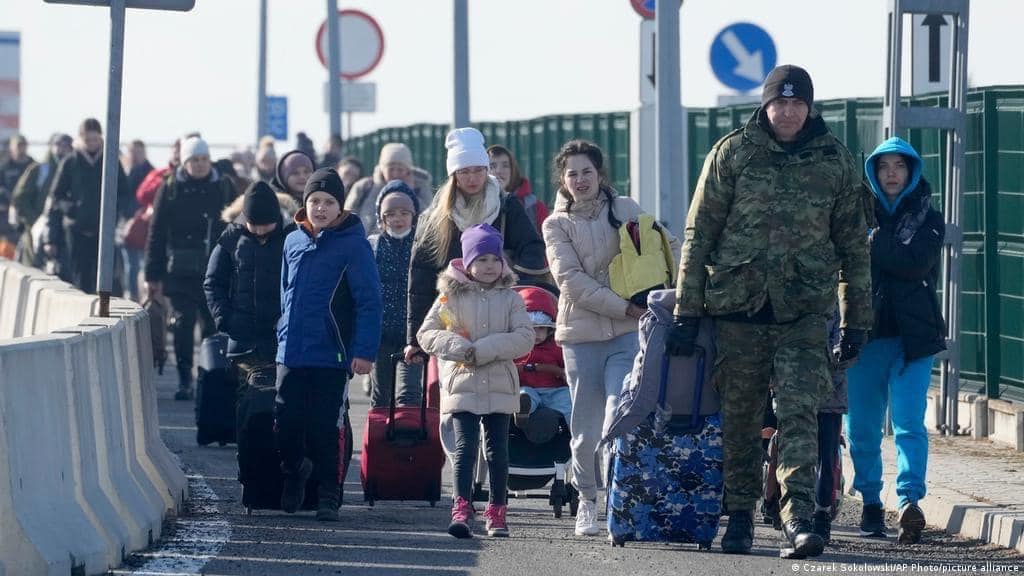Despite the arrival of millions of highly educated and skilled Ukrainian refugees fleeing the war following Russia’s invasion in February 2022, European countries have not fully seized the opportunity to address their acute labor shortages and boost economic growth. Obstacles such as a lack of recognition for non-European qualifications and insufficient childcare facilities have left many vacancies unfilled and frustrated the predominantly female refugees, who find themselves stuck in jobs below their skill and education levels.
Polish Labour Market Challenges
Svetlana Chuhil, an orthopedics doctor and physiotherapist who fled with her children, faced difficulties obtaining a conditional license to work in Poland. The recognition of her degrees posed a significant obstacle, highlighting the country’s highly-regulated labor market.
Missed Opportunity in Germany
Germany, hosting the largest number of Ukrainian refugees in Europe, has seen a surge in open vacancies, but the majority of refugees have not found suitable employment due to language barriers. Integration into jobs at similar skill levels to their home countries has proven challenging without fluency in the local language.
Uncertain Future and the Need for Clear Regulations
With the EU’s temporary protection scheme for Ukrainian refugees set to expire in March 2024, there is urgency in devising a strategy for their long-term stay. Employers who want to hire refugees face uncertainty, necessitating clear and timely regulations to remove hurdles for both refugees and employers.
The arrival of highly educated and skilled Ukrainian refugees had the potential to alleviate labor shortages and stimulate economic growth in European countries. However, the lack of recognition for qualifications and language barriers has hindered their successful integration into the workforce. To fully seize this opportunity, countries need to focus on a second layer of labor market integration, including training, upskilling, and clear regulations for the refugees’ long-term stay. By doing so, Europe can harness the potential of this workforce and address its economic challenges effectively.
















